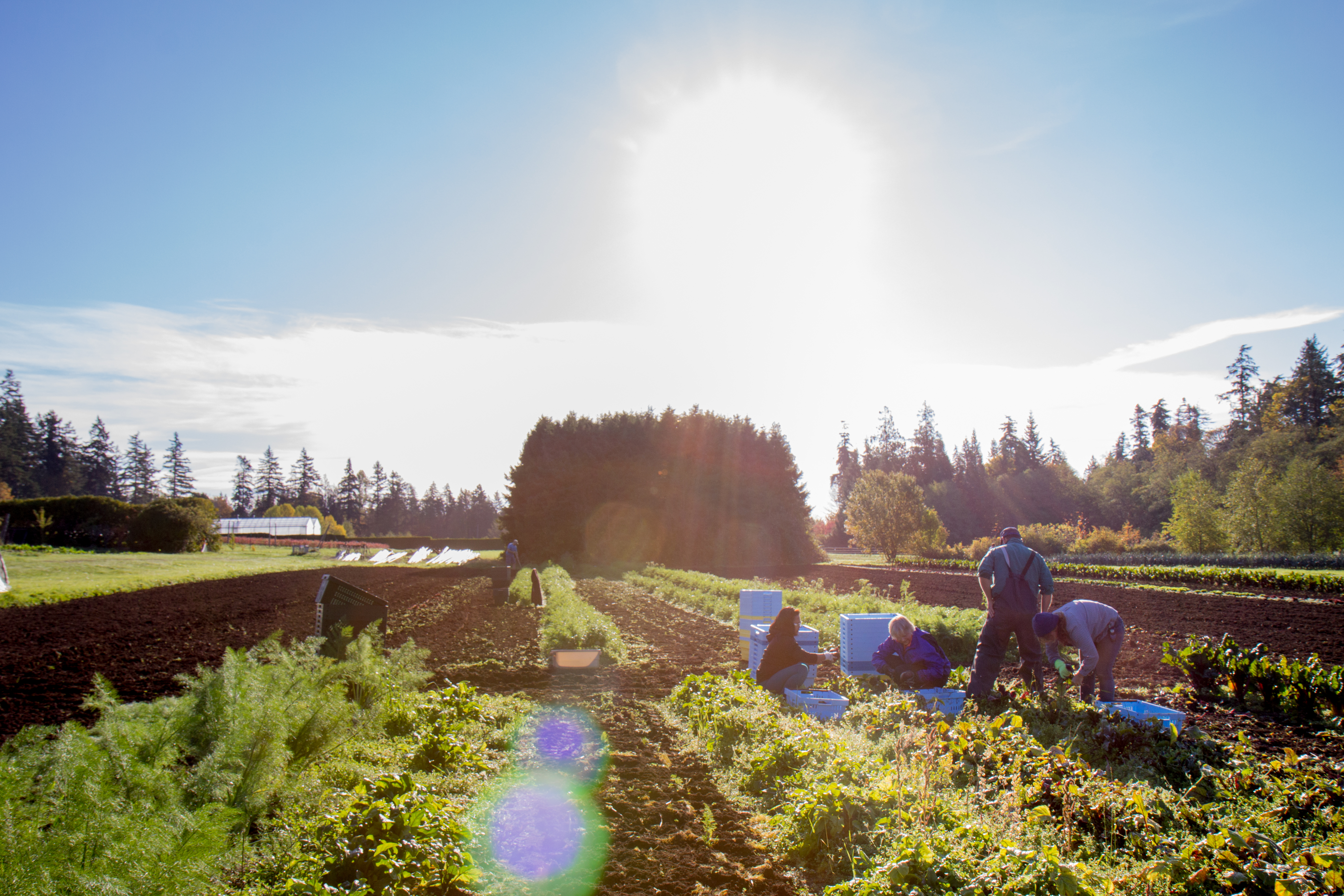From busy exam schedules, to balancing coursework, jobs and relationships, to navigating the everyday stresses of university life, students face many factors that can impact their health and wellbeing.
But for some, lack of financial access to nutritious, culturally-appropriate food adds an additional layer of worry and challenge, particularly in light of the financial impacts of COVID-19. Dramatic increases in the cost of living, inadequate financial assistance, and low salaries often contribute to less funds to purchase food—students sometimes finding themselves with the tough choice between paying bills and buying food.
Food insecurity impacts post-secondary students at a higher-than-average rate; this is particularly concerning because of the significant impacts it can have on wellbeing and academic success. Join us throughout March, as we kick off conversations about this complex issue with a panel discussion exploring food insecurity within a campus context.
Watch Virtual Dialogue Panel
Missed out on the live sessions? View the recordings below:
Speakers
We're pleased to welcome this panel of incredible speakers to kick off our virtual dialogue on November 4th. We'll then reconvene in early 2021 for more conversations about food insecurity, with the aim of collaboratively working towards solutions that can be implemented on campuses.
Who should attend this event?
If you're a higher education student, staff, researcher, campus leader, or a community partner who is interested in promoting food security on campuses, this conference is a great opportunity to collaborate with post-secondary colleagues.
What will this event cover?
We'll explore food insecurity within a campus context through panel discussions, dialogues on research, lived experience, food environments, and more. Our goal is to strengthen our common understanding of food insecurity and best practices on campuses, and to work towards a higher education food security coalition that can continue to collaborate on finding tangible solutions for this complex issues.
Why a dialogue about food security?
Food insecurity is a major public health issue in Canada, and one that impacts post-secondary students at a higher-than-average rate. In fact, approximately 40% of post-secondary students have experienced some degree of food insecurity. And some are impacted more than others—research shows that IBPOC students are particularly at risk. The high rate of food insecurity on campuses is particularly concerning because of the significant impacts it can have on wellbeing and academic success.
Our commitment to the Okanagan Charter calls on higher education institutions to embed health and wellbeing into all aspects of university life and to lead health promotion action and collaboration locally and globally. And while food security is a complex issue, and universities alone cannot solve it, we do have a role to play in advocating for initiatives to reduce the prevalence and support the health and wellbeing of our students. That's why UBC, University of Guelph, University of Ottawa, McMaster University, and Meal Exchange are partnering on Promoting Food Security in Higher Education: Virtual Dialogue Panel.
When (and how!) will it take place?
The first event took place virtually, starting on November 4th with a panel discussion. Throughout March, we're continuing to explore this complex issue with more panel discussions and fireside chats with colleagues from all over the world.







